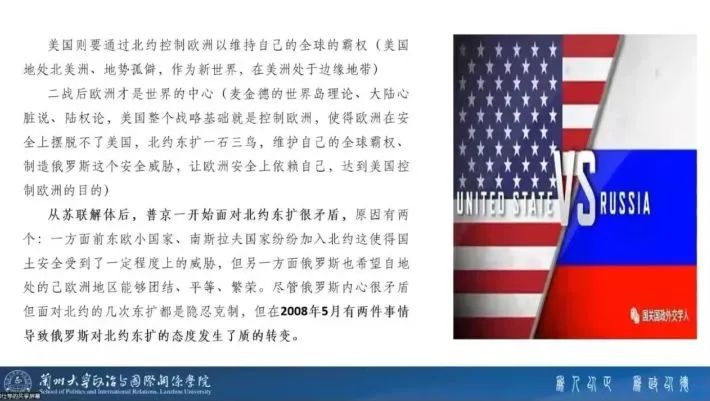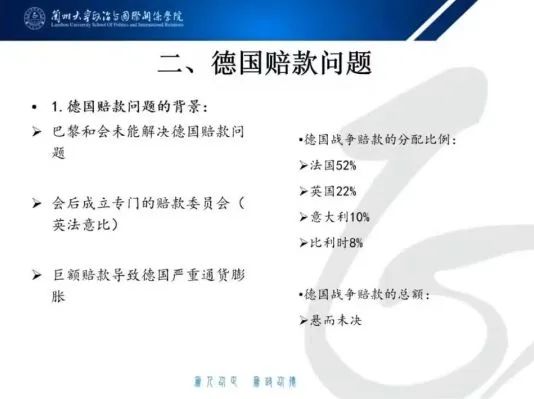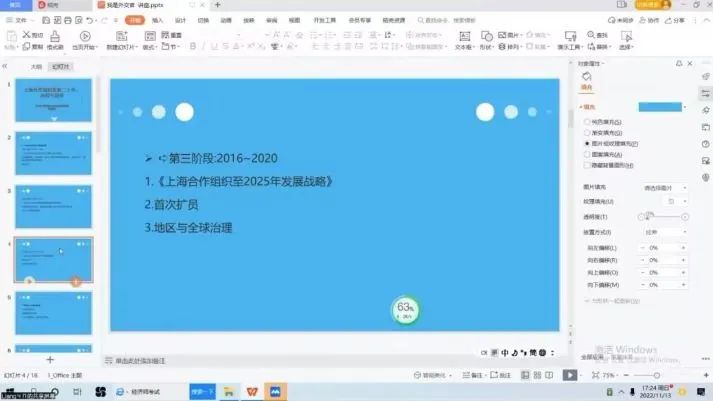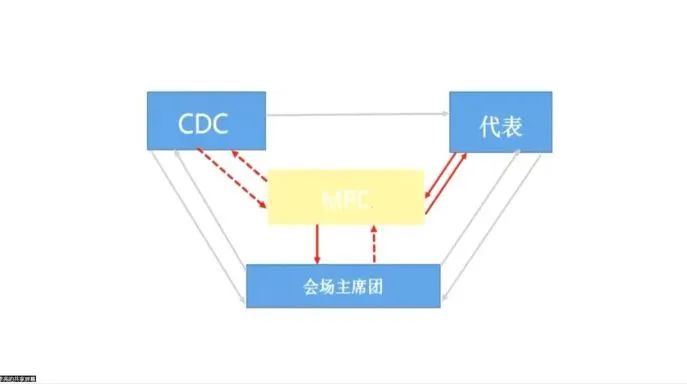From November 10 to November 13, the academic training activities of the second Model Diplomat Forum of Lanzhou University, sponsored by the School of Politics and International Relations of Lanzhou University, were held online one after another. At the invitation of the organizing committee, graduate student Deng Shiqin, Associate Professor Cao Wei, lecturers Liang Zhenpeng and Li Liang from the School of Politics and International Relations respectively provided training for students from NATO, Shanghai Cooperation, Ruhr Crisis and Main Press Center.

The theme of the first session was "Russia-Ukraine Conflict and NATO Expansion", and Deng Shiqin introduced the basic situation of the Russia-Ukraine conflict and NATO's eastward expansion. Regarding the reasons for the Russia-Ukraine conflict, Deng Xuejie explained from the two directions of NATO and Ukraine, for NATO, Russia and even the former Soviet Union applied for membership for many times but failed to get recognition from the West after the collapse of the Soviet Union, Russia has been tolerant and restrained for several times of NATO eastward expansion, until 2008, when NATO repeatedly challenged Russia's bottom line. Russia has changed its attitude towards NATO; The strategic security dilemma of Russia and Ukraine is a more direct reason. The strategic security and ontological crisis of Russia and Ukraine deepens the security dilemma of both sides, and finally the conflict between Russia and Ukraine breaks out under the influence of multiple factors. The Russia-Ukraine conflict has risen from a regional conflict to a global crisis, causing a worldwide food, refugee and energy crisis, but also affecting the foreign policy of some countries, making neutral countries no longer neutral, or will cause the sixth eastward expansion of NATO. After introducing the Russia-Ukraine conflict, Deng began to explain the contents of NATO's eastward expansion. Deng explained the reasons for NATO's eastward expansion from five current viewpoints, and then explained the current difficulties faced by NATO expansion with four questions, and finally stressed the negative impact of the Russia-Ukraine conflict and NATO expansion on the structural security dilemma of Europe.

The theme of the second session was "The Ruhr Crisis and European International Relations between the two World Wars", and Teacher Cao Wei explained from two aspects of the Ruhr crisis and European international politics after the Ruhr crisis. The Ruhr crisis was a crisis caused by France and Belgium occupying the Ruhr region of Germany after World War I when Germany demanded an extension of reparations payments on the grounds of economic crisis. Teacher Cao explained the reasons for the outbreak of the Ruhr crisis. World War I had a huge impact on the strength of major powers such as the United States, Britain, France and Italy, and the victorious countries had their own ideas and requirements for the post-war order, leading to different strategic goals and numerous contradictions. The differences between the victorious countries on German reparations were the direct trigger of the Ruhr crisis. The total amount of German reparations was still pending, and the timing of reparations was repeatedly discussed. The direct impact of the Ruhr crisis was to destroy the relationship between Britain and France, France lost the leading power in the issue of reparations, and Germany used flexible diplomatic means to fight for its own development and recovery opportunities. Cao analyzed that the deep-seated problem of the Ruhr crisis is the European security problem, and the lack of security in France. After the Ruhr crisis, French solutions either failed or were ineffective. Until the Locarno Conference, Britain, France and Germany reached their respective goals, but France further lost its dominance in the German issue, and Germany cleared the obstacles for its own eastward expansion. Professor Cao stressed that in modern times, France and Germany, as the two cores of the EU, can cooperate sincerely and pursue common interests is the key to the future of Europe. At the end of the activity, Miss Cao answered many questions for the students.

The theme of the third session is "The Basic Information of the Shanghai Cooperation Forum". Professor Liang Zhenpeng gave us a detailed explanation of the past and present life of the Shanghai Cooperation Organization, as well as the founding purpose and achievements. At the same time, Professor Liang also introduced and deduced the actual operation mechanism of the Shanghai Cooperation Organization with a comprehensive use of academic language and political events. In light of the current international background and situation, Mr. Liang stressed to us the important role of the Shanghai Cooperation Organization in maintaining peace and stability in the northwest of China, and the trend of its gradual development into a multi-party comprehensive coordination platform integrating economy, politics, people's livelihood, resource exchange and trade. Professor Liang also summarized the SCO's important role in political cooperation, namely the establishment of a unique organizational culture and the improvement of regional order and governance capacity. Professor Liang then encouraged everyone to give full play to their ability to promote the further improvement and steady development of the SCO. Subsequently, Liang explained the factors that hinder political cooperation, such as differences in interest demands among countries, ambiguous regional positioning, conflicts among member states and containment by external forces. Finally, Liang explained some solutions to the current obstacles in the SCO.

The fourth session was the Main Press Center venue, where Teacher Li Liang counseled the representatives of the Main Press Center on the challenges faced by MPC, the main types of manuscripts and professional ethics. Teacher Li first pointed out the MPC's positioning, indicating that the MPC's professional quality is wide and demanding, and then pointed out that the MPC's work lacks the pressure of domestic political support, and uses Internet public opinion to warn the delegates about the role they should play. In the introduction of the four main types of MPC manuscripts, the difficulties, requirements and skills of each manuscript are introduced in detail. Finally, Teacher Li stressed the MPC's professional ethics, namely "concise writing", "accurate information", "restrained expression", and also used a negative example to demonstrate the importance of journalists' professional ethics, expressing expectations and encouragement to the delegates.
In this activity, senior student Deng Shiqin, Teacher Cao Wei, Teacher Liang Zhenpeng and Teacher Li Liang gave wonderful explanations on the topics in the four venues, which helped the young delegates to have an in-depth understanding of the international situation, analyze the connotation of the topics, and lay a solid knowledge foundation for the follow-up of the simulated diplomat activity. At the same time, the teachers' talk about the international situation not only helps students feel the unique charm of international politics, but also greatly broadens their global vision, which is of great significance for cultivating young talents who face the world and the future in the new era.
